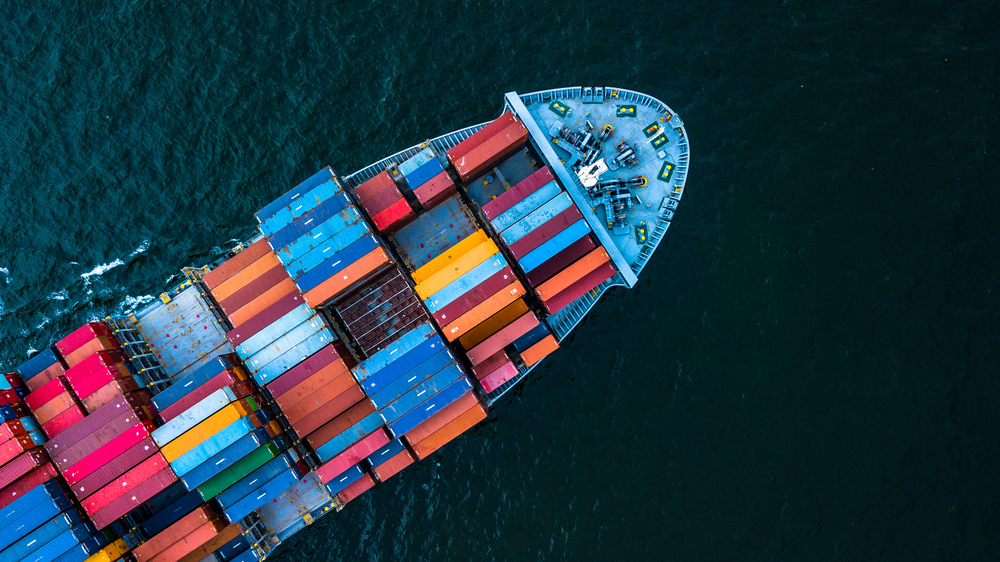In a follow up to their January announcement, Maersk and IBM today announced the creation of TradeLens, jointly developed by the two companies to apply blockchain to the world’s global supply chain. TradeLens is the result of a collaboration agreement between Maersk and IBM, a blockchain-enabled shipping solution designed to promote more efficient and secure global trade, bringing together various parties to support information sharing and transparency, and spur industry-wide innovation.
As part of the TradeLens early adopter programme, IBM and Maersk also announced that 94 organisations are actively involved or have agreed to participate on the TradeLens platform built on open standards. The TradeLens ecosystem currently comprises more than 20 port and terminal operators across the globe, including PSA Singapore, International Container Terminal Services Inc, Patrick Terminals, Modern Terminals in Hong Kong, Port of Halifax, Port of Rotterdam, Port of Bilbao, PortConnect, PortBase, and terminal operators Holt Logistics at the Port of Philadelphia. This accounts for approximately 234 marine gateways worldwide that have or will be actively participating on TradeLens.
TradeLens uses IBM Blockchain technology as the foundation for digital supply chains, empowering multiple trading partners to collaborate by establishing a single shared view of a transaction without compromising details, privacy or confidentiality. Shippers, shipping lines, freight forwarders, port and terminal operators, inland transportation and customs authorities can interact more efficiently through real-time access to shipping data and shipping documents, including IoT and sensor data ranging from temperature control to container weight.
Using blockchain smart contracts, TradeLens enables digital collaboration across the multiple parties involved in international trade. The trade document module, released under a beta program and called ClearWay, enables importers/exporters, customs brokers, trusted third parties such as Customs, other government agencies, and NGOs to collaborate in cross-organisational business processes and information exchanges, all backed by a secure, non-repudiable audit trail.
During the 12-month trial, Maersk and IBM worked with dozens of ecosystem partners to identify opportunities to prevent delays caused by documentation errors, information delays, and other impediments. One example demonstrated how TradeLens can reduce the transit time of a shipment of packaging materials to a production line in the United States by 40 percent, avoiding thousands of dollars in cost. Through better visibility and more efficient means of communicating, some supply chain participants estimate they could reduce the steps taken to answer basic operational questions such as “where is my container” from 10 steps and five people to, with TradeLens, one step and one person.
More than 154 million shipping events have been captured on the platform, including data such as arrival times of vessels and container “gate-in”, and documents such as customs releases, commercial invoices and bills of lading. This data is growing at a rate of close to one million events per day. Traditionally, some of this data can be shared through the EDI systems commonly used in the supply chain industry but these systems are inflexible, complex, and can’t share data in real-time. Too often, companies must still share documents via email attachment, fax and courier. TradeLens can track critical data about every shipment in a supply chain, and offers an immutable record among all parties involved, says IBM.









Discussion about this post